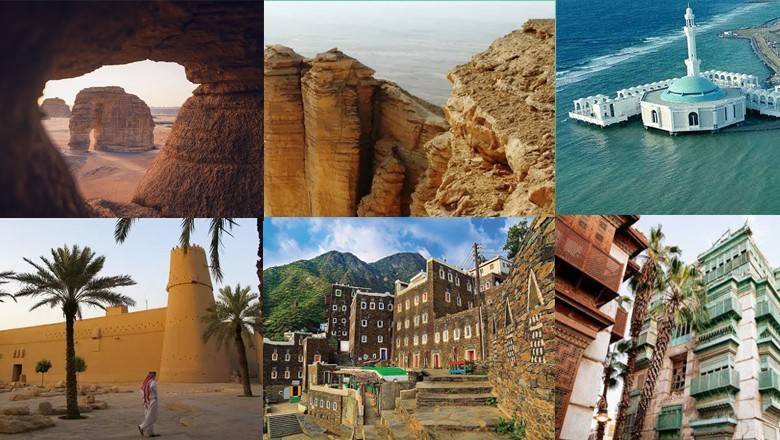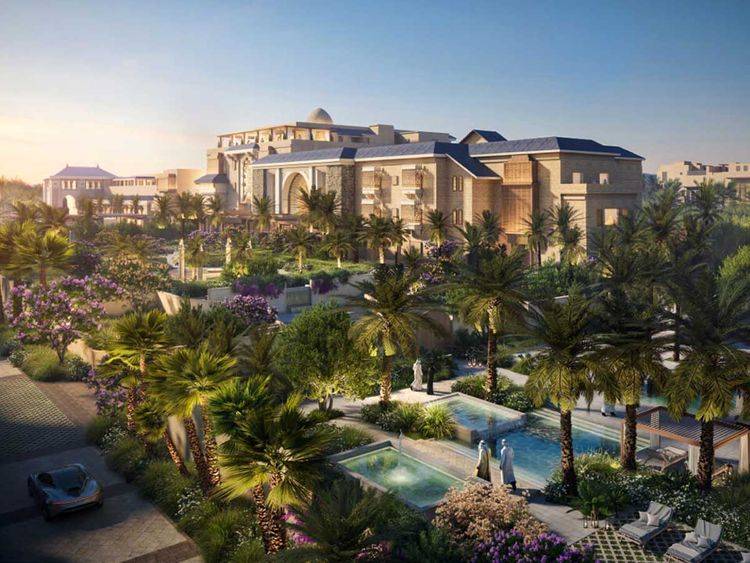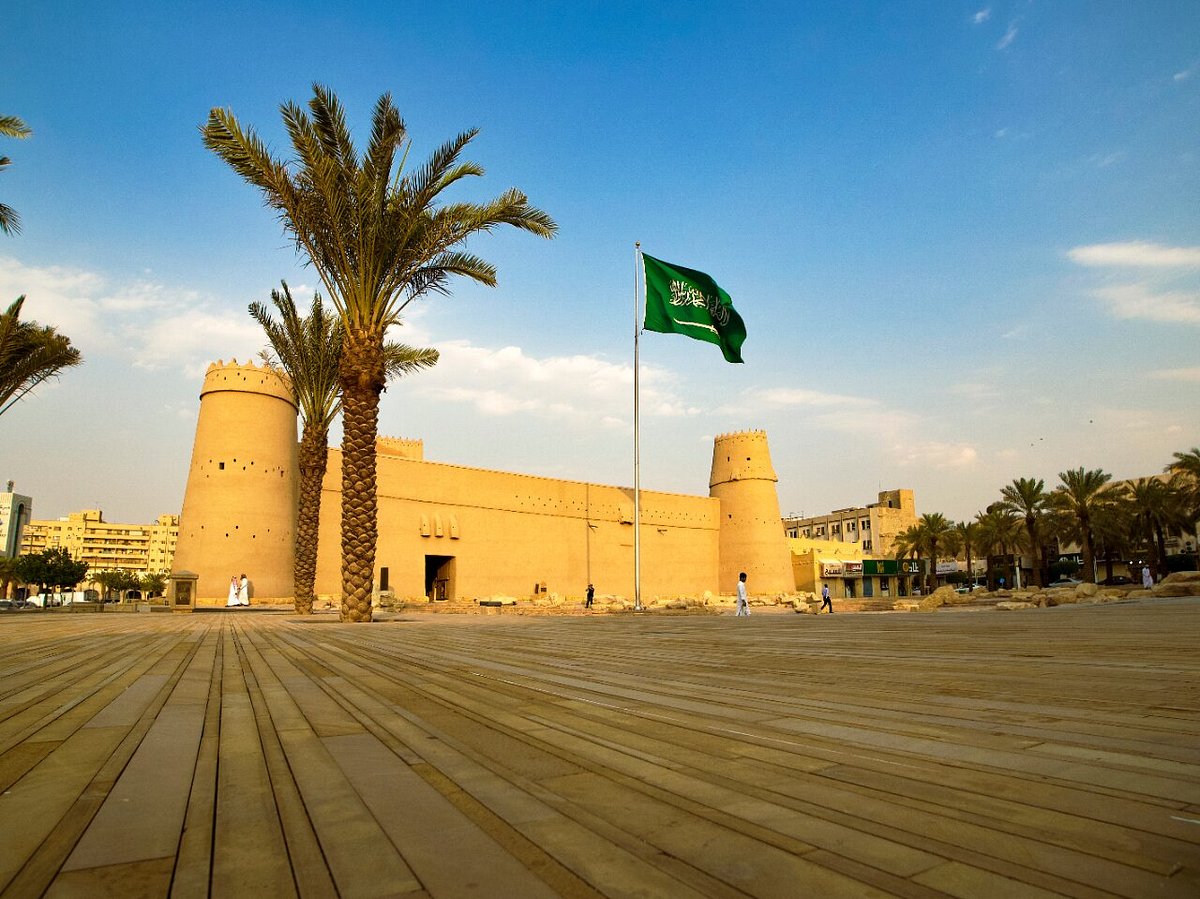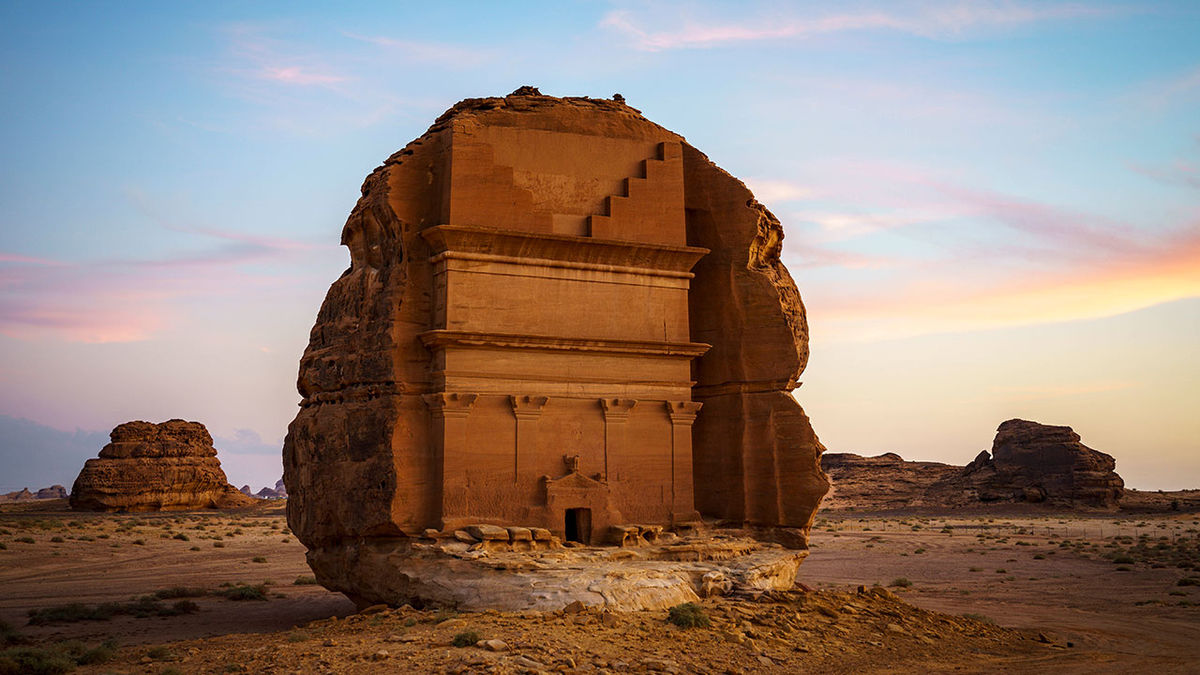Saudi Arabia to convert historic palaces in to luxury hotels
The initiative is part of the plan to attract more tourists to the Kingdom

Riyadh: Visitors to Saudi Arabia will soon be able to stay in historic palaces which are being converted to luxury hotels as part of its plan to attract tourists from around the world.
The Boutique Group, a subsidiary of the Saudi Public Investment Fund (PIF), said it plans to develop three such palaces, turn them into ultra-luxury hotels, and open them for guests next year.
The first three historic palaces marked to be converted to luxury hotels included: Al Hamra Palace in Jeddah, the Red Palace in Riyadh and the Tuwaiq Palace also in the Saudi capital. These palaces will be opened to domestic and international tourists.
تسعد مجموعة بوتيك باستضافة حفل وزارة السياحة في #قصر_طويق؛ احتفاءً بمناسبة تحقيق الوزارة أحد مستهدفات #رؤية_السعودية_2030 في ترحيب أكثر من 100 مليون زائر في عام 2023، مما يؤكد حرص المملكة على تطوير القطاع السياحي.
— Boutique Group | مجموعة بوتيك (@boutiquegroupsa) March 3, 2024
ويقام الحفل في #قصر_طويق أحد أبرز معالم الرياض المعمارية التي… pic.twitter.com/YnnCjwXum7
The palaces will feature art galleries, public spaces and gardens, as well as restaurants, spaces for exhibitions, and lush green areas adorned with art, sculptures, and fountains, according to Boutique.
Boutique Group has entered into a collaboration with the esteemed international architectural design firm, OBMI, and the renowned French interior designer, Jacques Garcia, to undertake the conversion of historic and culturally significant palaces into opulent boutique hotels of unparalleled luxury.

This partnership encompasses the transformation of Al Hamra Palace, originally commissioned as a royal abode for King Faisal bin Abdulaziz. Located along Jeddah's prominent corniche, the palace was initially conceived as a royal residence but, upon its completion, assumed the role of a distinguished hospitality venue, hosting dignitaries such as heads of state from Arab and Islamic nations, as well as notable figures including: Former US President Richard Nixon, Princess Diana of Wales, and King Charles the Third.

Some major tourist attractions
Rijal Almaa Heritage Village:
Located approximately 50 kilometers from Abha, the Rijal Almaa Historic Village stands as a testament to its rich 900-year-old history, set amidst stunning landscapes and temperate climates. Celebrated for its architectural legacy, picturesque vistas, and agreeable weather, the village has been bestowed the prestigious title of a UNESCO World Heritage Site.
Central to its allure is the Rijal Almaa Museum, a focal point for visitors keen on delving into the village's storied past and vibrant cultural tapestry. The museum complex, characterized by its vibrant edifices crafted from stone, clay, and wood, serves as a captivating repository of the village's heritage.

Moreover, the village is enveloped by an array of additional attractions, including the verdant Al Sahab Park, the majestic Tanomah Waterfall, and the panoramic vistas offered by the Al Soudah Viewpoint, further enhancing its appeal to discerning travelers seeking immersive cultural experiences amidst breathtaking natural settings.
Masmak Fortress
Masmak Fortress is a symbol of the unification of Saudi Arabia.
An architectural gem of Saudi Arabia, the venerable Masmak Fort, dating back 150 years, graces the cityscape of Riyadh with its imposing presence, characterized by both its historical significance and aesthetic splendor.

Presently serving as a museum, the fort offers a captivating display of 20th-century artworks and photographs, providing visitors with an immersive journey through the annals of time. Within its fortified walls, guests are afforded the opportunity to traverse the chambers and corridors, thus encountering firsthand the pivotal moments in the history of the Kingdom, which have indelibly shaped the modern landscape of Saudi Arabia.
AlUla
AlUla, a cherished heritage site, is poised to accommodate over 7,500 hotel rooms, 5,000 residential units, and a staff village consisting of more than 1,000 units, alongside comprehensive infrastructure support. Nestled in Medina province, AlUla, an ancient Arabic oasis city, offers tourists a unique living museum experience, showcasing preserved tombs, sandstone outcrops, historic dwellings, and diverse monuments. With over 200,000 years of history and vibrant cultural festivals, it's a top destination for history enthusiasts and modern-day revelers alike. Notable rock formations like Elephant Rock add to its allure.

Wadi Al Disah:
The Disah's considerably mild weather has attracted many visitors from across the Kingdom. Situated approximately 200 kilometers to the south of Tabuk city and boasting an elevation of 400 meters above sea level, the Al-Disah valley stands as a premier natural marvel within the Kingdom. Characterized by its crystal-clear streams, cascading springs, verdant expanses of greenery, and majestic palm trees, this breathtaking landscape offers residents an unparalleled opportunity to partake in quintessential Saudi experiences.

100 million tourists in 2023
Saudi Tourism Minister Ahmed Al Khateeb said earlier this year the kingdom’s tourism sector in 2023 fulfilled a target of 100 million tourists including 77 million local visitors and 27 million tourist arrivals.
He said that tourism strategy charted by Saudi Crown Prince Mohammed bin Salman envisaging 150 million tourists annually in the country by the year 2030 including 80 million domestic tourists and 70 foreign million arrivals.